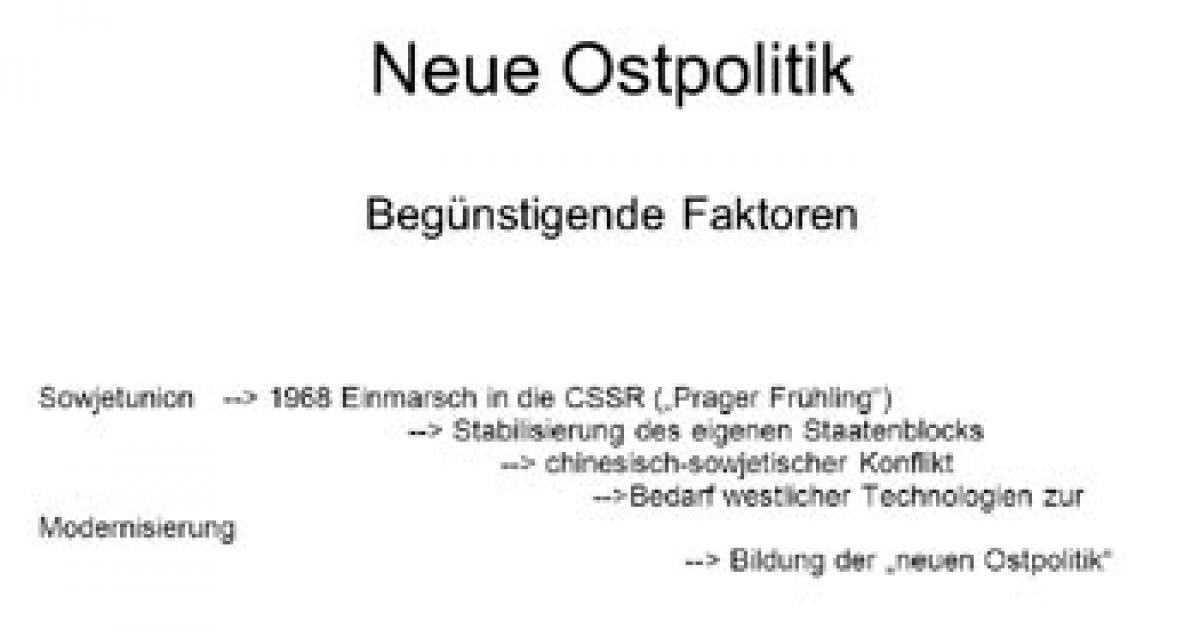Live
- 1 in 5 IT decision-makers struggling to find AI/ML talent: Report
- India's economy in sweet spot with strong growth, inflation likely to ease: Moody’s
- Mani Shankar Aiyar questions Jaishankar's visit to Pakistan, says he created 'false hope'
- K.T. Rama Rao calls on farmers arrested for attack on Vikarabad officials
- AP CM Chandrababu Naidu Unveils Vision for Andhra Pradesh amidst Financial Challenges
- VVS Laxman lauds fans for massive support on foreign tours
- Bengal lottery scam: Huge amount of cash traced, ED brings currency counting machine
- Raj Thackeray releases MNS election Manifesto with a ‘key’ to implementing it
- Gold prices likely to further come down with no near-term positive triggers
- Tough decision, but it's the right one: Southee on Test retirement









